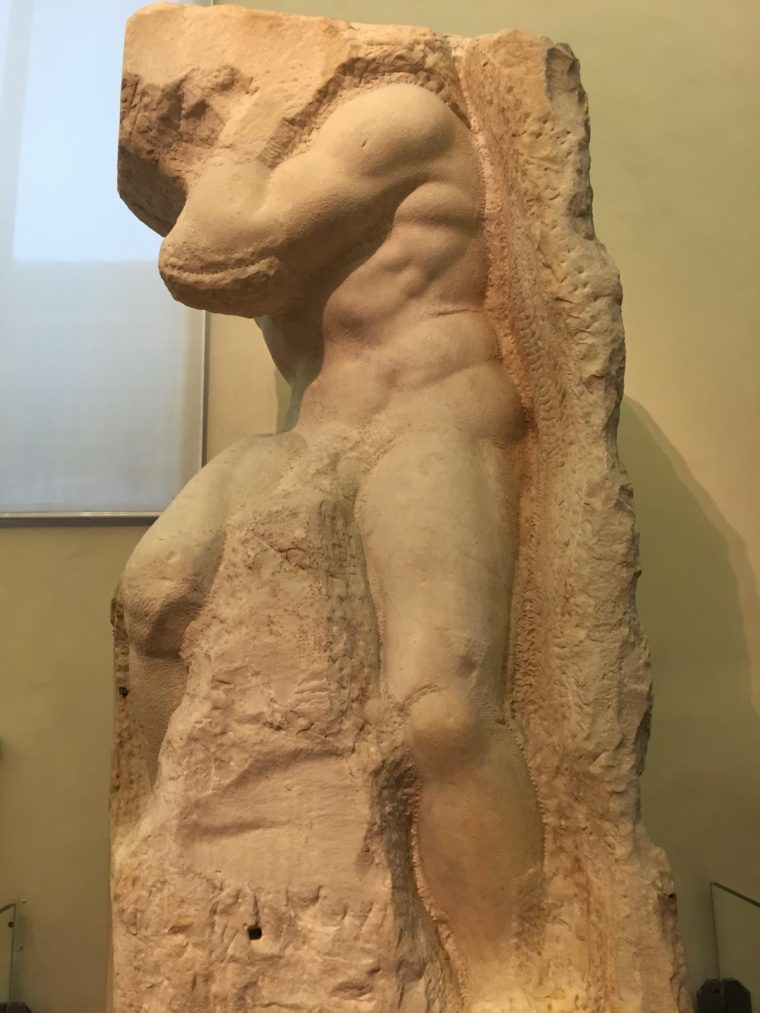
“I saw the angel in the marble and I carved until I set him free.”
Few artists in history can rival the talent and skill of Michelangelo Buonarroti. His sculptures and paintings adorn some of the most renowned museums and cathedrals in the world. Perhaps Michelangelo’s greatest gift was his vision. Not only were his hands gifted with the brush or chisel, he could see things that weren’t obvious to others and then paint or sculpt them into existence. When describing his work, he once remarked, “I saw the angel in the marble and I carved until I set him free.” That amazing sort of vision is rare not only in art, but in all of life today.
Many people can see what is and critique and complain about what it lacks. It’s easy to hear misspoken words in a speech or a dropped ball on the football field and point out the failing. That sort of critical observation is common and for the most part worthless. After all, the football player knows he dropped the pass, and the politician knows he said the wrong thing. But like a wildfire consuming a dry forest, we can’t seem to get enough of other people’s failures and mistakes. And much like a forest fire we leave a trail of destruction in the wake of our criticisms.
What is desperately needed in our day is more people who see beyond what is, to what could be. People who see potential in the broken pieces of bad decisions and wrong turns. It requires greater vision to see the good lurking deep inside of others. It requires hope to call it out. How can we become people of greater vision?
1)Speak less.
In the Disney classic, Bambi, a young rabbit (Thumper) is instructed by his mother, “If you can’t say something nice, don’t say nothing at all”. It’s good advice (if not good grammar). Thoughtless words have the power to crush those we care about. This doesn’t mean that people around us never do anything wrong, it means that we choose not to highlight all of the wrongs. When we relentlessly point out the wrongs of others not only do they become discouraged, we eventually become conditioned to only notice the wrong in others. Biting your tongue is the first step on the path of improving your vision.
2)Listen more.
When we truly listen to others and not just use their words as time to formulate our responses, we can begin to learn more about the people around us. Behind their bad decisions may be really good motives and desires. Their mistakes may not be malicious at all. Perhaps there is pain and woundedness that cause them to act the way they do. The only way to know is to take the time required to listen and to care about what we hear.
How many people have we belittled who actually have something much more noble inside of them waiting to be seen and encouraged? What sort of difference would it make to our families, our politicians, and the people we work with if we could develop the sort of vision that sees the good inside of them that’s not easy to see? Might there be angels lurking inside ready to be released? May we all develop the sort of vision required to find out.

